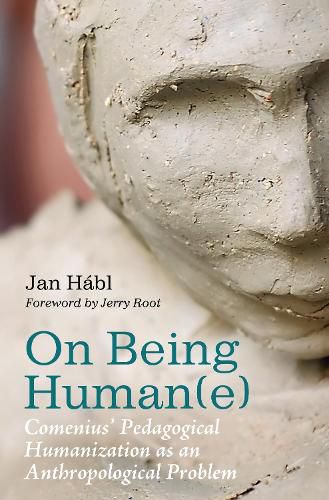Readings Newsletter
Become a Readings Member to make your shopping experience even easier.
Sign in or sign up for free!
You’re not far away from qualifying for FREE standard shipping within Australia
You’ve qualified for FREE standard shipping within Australia
The cart is loading…






This title is printed to order. This book may have been self-published. If so, we cannot guarantee the quality of the content. In the main most books will have gone through the editing process however some may not. We therefore suggest that you be aware of this before ordering this book. If in doubt check either the author or publisher’s details as we are unable to accept any returns unless they are faulty. Please contact us if you have any questions.
There is a difference between that which is and that which is to be. Anthropologically: there is a way I am, and the way I am to be, or not to be. How are we to explain this? This book presents the argument that human nature is both complex and complicated in at least two specific ways–ontologically and ethically. In our being we are indisputably good, dignified, worthy, important, or even noble. But in our morality we are ambivalent–capable of both good and evil, the humane and the inhumane. In his paramount work Jan Amos Comenius expresses the goal of his lifelong endeavor: to help keep man from falling into a non-man (Pampaedia). If human beings are to become what they ought to be, they need to be educated towards humanity, says Comenius. But the fundamental question is, what is a human being? And what ought one to be? Salt ought to be salty. A river ought to be clear. A knife ought to be sharp. But what ought a person to be? What is the essence of our humanity? And how can that be cultivated or educated? This book presents Comenius’s answers to these questions.
$9.00 standard shipping within Australia
FREE standard shipping within Australia for orders over $100.00
Express & International shipping calculated at checkout
This title is printed to order. This book may have been self-published. If so, we cannot guarantee the quality of the content. In the main most books will have gone through the editing process however some may not. We therefore suggest that you be aware of this before ordering this book. If in doubt check either the author or publisher’s details as we are unable to accept any returns unless they are faulty. Please contact us if you have any questions.
There is a difference between that which is and that which is to be. Anthropologically: there is a way I am, and the way I am to be, or not to be. How are we to explain this? This book presents the argument that human nature is both complex and complicated in at least two specific ways–ontologically and ethically. In our being we are indisputably good, dignified, worthy, important, or even noble. But in our morality we are ambivalent–capable of both good and evil, the humane and the inhumane. In his paramount work Jan Amos Comenius expresses the goal of his lifelong endeavor: to help keep man from falling into a non-man (Pampaedia). If human beings are to become what they ought to be, they need to be educated towards humanity, says Comenius. But the fundamental question is, what is a human being? And what ought one to be? Salt ought to be salty. A river ought to be clear. A knife ought to be sharp. But what ought a person to be? What is the essence of our humanity? And how can that be cultivated or educated? This book presents Comenius’s answers to these questions.